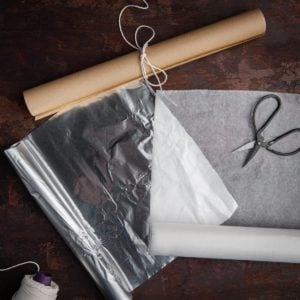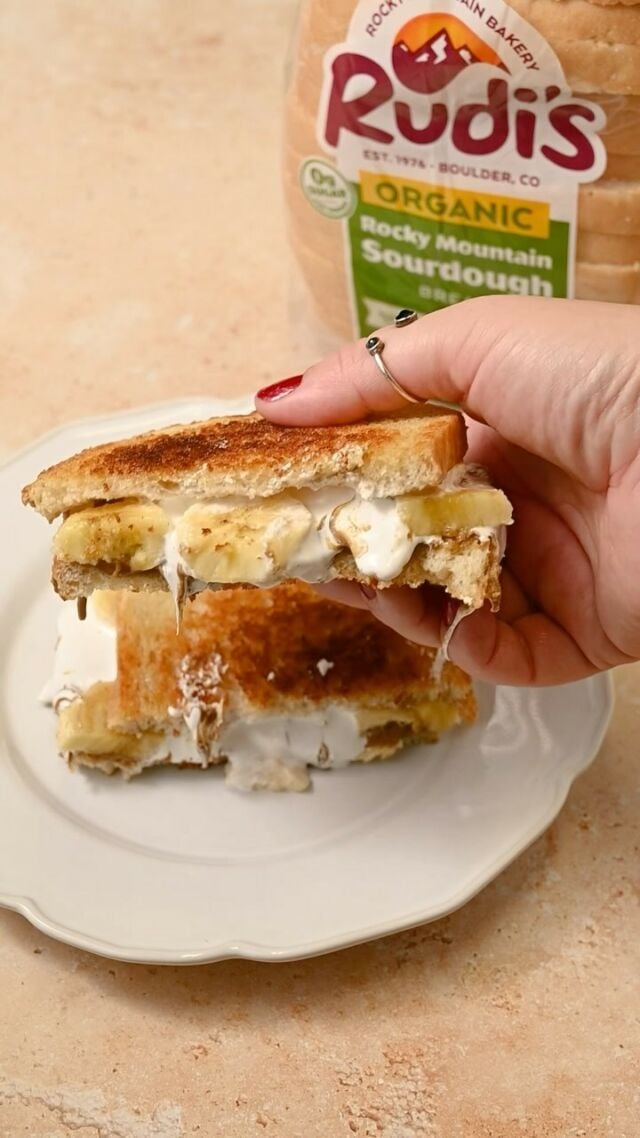We all want to do better for our planet. But we’re busy, and we’re tired, and we’re frugal, so we ignore our guilt in hopes that some magical solution will suddenly appear and we will be absolved of all responsibility to our environment.
The great news is, there are conscious decisions we can make to contribute to a brighter future, some of which are not really even that inconvenient. Here’s a list of 10 small ways to save our planet.
Oftentimes, people have a dangerous misconception that the choices we make do not contribute to climate change, loss of biodiversity, and the declining quality of the air we breathe and water we drink. Yes, power plants, the oil industry, and factories with unsustainable practices are a huge part of the problem.
But each one of us makes an impact, too.
1. Clean out your plastics before putting them in the recycling bin
According to the National Waste and Recycling Association, on average, 25% of the materials we recycle are too contaminated to process and end up in landfills.
What’s worse, our current recycling systems do not have the capacity to properly filter out contaminated items, meaning that one contaminated item can cause an entire load of recycling to end up in the landfill. A quick rinse of your recycling can ensure that your efforts aren’t going to waste—literally.
2. Turn off the faucet while you’re brushing your teeth
Water conservation is a confusing concept when 71% of our planet is water. The issue is, only about 1% of that is freshwater—the water we need for drinking, showering, farming, and for use in our sanitation systems.
Water scarcity is an increasing threat as our population continues to grow. Those 2-3 minutes you are brushing your teeth a couple of times a day quickly adds up.
3. Throw away your contact lenses
Don’t flush them down the toilet, take them out in the shower, or throw them in the sink. Anything you deposit into your plumbing ends up in our water system and eventually in our oceans.
Contact lenses become microplastics, which unfortunately expose marine life to toxins. Some contact lens companies have incredible recycling programs if you are ready to go a step further.
4. Observe “Meatless Mondays”
It’s simple supply and demand. The overconsumption of meat leads to overconsumption of land and water, overuse of fossil fuels, and overproduction of animal methane—a large contributor to greenhouse gas emission.
Meat is tasty. Not everyone is ready to cut it out completely. But even cutting it out one day a week will reduce your carbon footprint. And, you may end up seeing some health benefits and enjoy trying new recipes as a bonus. Check out some vegetarian recipe ideas here.
5. Avoid fast fashion
The demand for trendy clothes at lower prices creates pressure on the fashion industry to crank out items quickly via cheap labor and unsustainable practices. The mass production of such items uses a tremendous amount of energy and water, expels tons of pollutants and runoff, and creates more waste when people inevitably dispose of garments at an alarmingly quicker rate.
Consider buying less, but of greater quality, checking out resale items, and donating your clothes when you’re done with them. You can even get resale items from your couch these days! A majority of my son’s clothes are hand-me-downs and it makes them even more special.
6. Use non-toxic cleaning products
We all know that eco-friendly cleaning products are safer for you to use, but have you thought about why? They’re non-toxic to you because they emit fewer pollutants into the air that you’re breathing while you’re cleaning.
By using eco-friendly cleaners, you are pouring fewer pollutants into our air and our water systems, ultimately combating climate change. Look for a Green Seal or EPA Safer Choice label on the packaging, or try out one of these.
7. Switch out one item in your cart for organic
I know organic is more expensive, but that one extra dollar is being spent on a product that is made in a more environmentally friendly way. Organic farms rely on biodiversity to generate rich soil, avoiding the use of pesticides and fertilizers, which means no toxic runoff.
If you can’t shop organic exclusively, try just one item per grocery trip.
8. Frequent your local farmers market
Local produce is so important because it has very little food miles. Simply put, the further the food travels to get to it’s destination, the higher the carbon footprint of that particular food item.
If the food you are buying is imported via truck, ship, plane, or train, then there are carbon emissions associated with it. Plus, farmers market fruits and veggies are so fresh and yummy, and you know you are elevating your local economy and supporting your local family farmers.
9. Rideshare on Uber and Lyft
Increasing vehicle occupancy has long been a productive way to systematically decrease CO2 emissions. That’s why we have HOV lanes to motivate us to carpool, are encouraged to utilize public transportation, and also why most urban communities emphasize widening roads and designing bike lanes in their development plans.
But with more and more people using Uber and Lyft, we can now increase vehicle occupancy with the click of a button. You’ll also save some money, and maybe even meet some interesting people while you’re at it.
10. Ask for paper, not plastic
The best thing to do would be to opt for reusable grocery bags, but as someone who consistently realizes with a cart full of groceries: “oh man, I left those bags in my trunk”, I know that’s not realistic for everyone.
So, if you’re like me, for those times you do forget, ask for paper, not plastic. Plastic literally takes hundreds of years to decompose, while paper is much more biodegradable and easily recyclable.
Most of us want to do good in the world and leave it a better place than when we entered it.
Focusing even the smallest efforts on making changes in your life to help the environment is a great place to start. If you’re ready to get even more involved, there are several incredible organizations that are igniting drastic change. But don’t think that what you do in your daily life doesn’t matter.
Marley Goldin, B.S. Environmental Health Science, University of Georgia









3 thoughts on “10 Small Ways To Save Our Planet”
Excellent article and advice on what we can all do to do our part on saving our planet. Your generation and your children’s generation need us to be more aware.
Excellent article!! It\’s nice to reminded of the smart things we should be doing.
This subject is really important to Keith and I, we have really changed over the last few years and we are practicing all of those 10 tips . We have changed a lot of thongs in our life. Great subject to bring up Mar xx